How often do you hear about cyber attacks or data breaches? These events happen every day, and they affect us all. Fortunately, there are ways to stay safe from these threats.
Cyber security has become a major concern around the globe. Hackers constantly develop new methods to steal sensitive information and access our accounts. As a result, businesses and individuals are forced to take precautions to prevent their networks from being compromised.
Here are our top 20 ways to avoid security threats like malware attacks, ransomware, and viruses while making sure your computer system remains secure:
Table of Contents
How To Avoid Security Threats In 2022
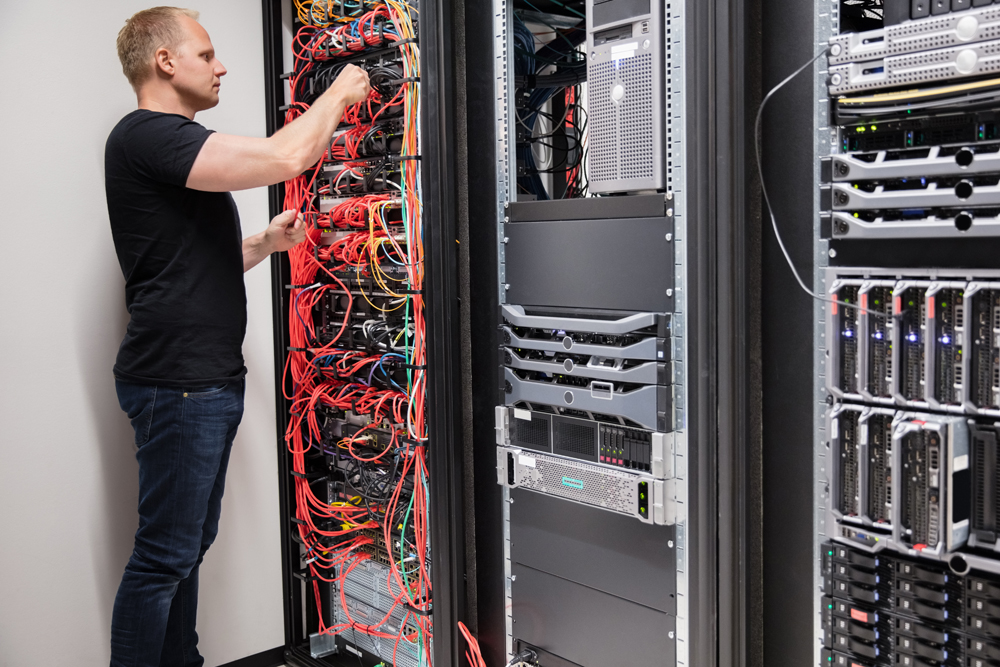
1. Make Sure Your Internet Connection Is Secure
One of the first security measures to avoid cyber-attacks is ensuring that your internet connection is secure. Your router should be password protected and only allow connections from trusted devices such as your home network.
Furthermore, if you’re using a wireless network, ensure it’s encrypted so that anyone who tries to intercept your traffic will have no way of reading it. An unsecured network is an open highway for cyber threats and can provide hackers with an easy route into your computer system.
2. Keep Your Operating System And Software Updated
Updating your operating system regularly is one of the best ways to protect yourself against viruses and other malware. It also helps keep your device updated with the latest software updates and security patches. You can download the newest version of Windows 11 for free from Microsoft’s website.
Software updates are also important because they patch vulnerabilities in programs. If you don’t update your software regularly, hackers will have more time to exploit any weaknesses.
3. Use Strong Passwords
Passwords are one of the most common ways people get hacked. It’s recommended that you create unique passwords for each account. Also, make sure that your passwords aren’t easy to guess by using numbers, symbols, and uppercase letters. Poor passwords are easily cracked by hackers and can lead to identity theft. Using a password manager to generate and store your passwords is a great way to ensure they are solid and secure.
4. Don’t Click On Links Sent Via Email
Emails are a convenient way to share files with other users, but it’s best to open attachments directly from the sender rather than clicking on them. Hackers may trick you by sending spam emails containing malicious links or files.
5. Be Careful When Browsing Social Media Sites
Social media websites like Facebook and Twitter are great tools for keeping up with friends and family, but they can also expose you to phishing scams. Hackers send out fake messages that look like they come from popular social media platforms. They then ask you to enter your login credentials so that they can access your account.
6. Back Up Your Files
Backing up your files is essential because it protects against accidental file deletions. A good backup solution creates automatic backups of your files and allows you to restore deleted ones.
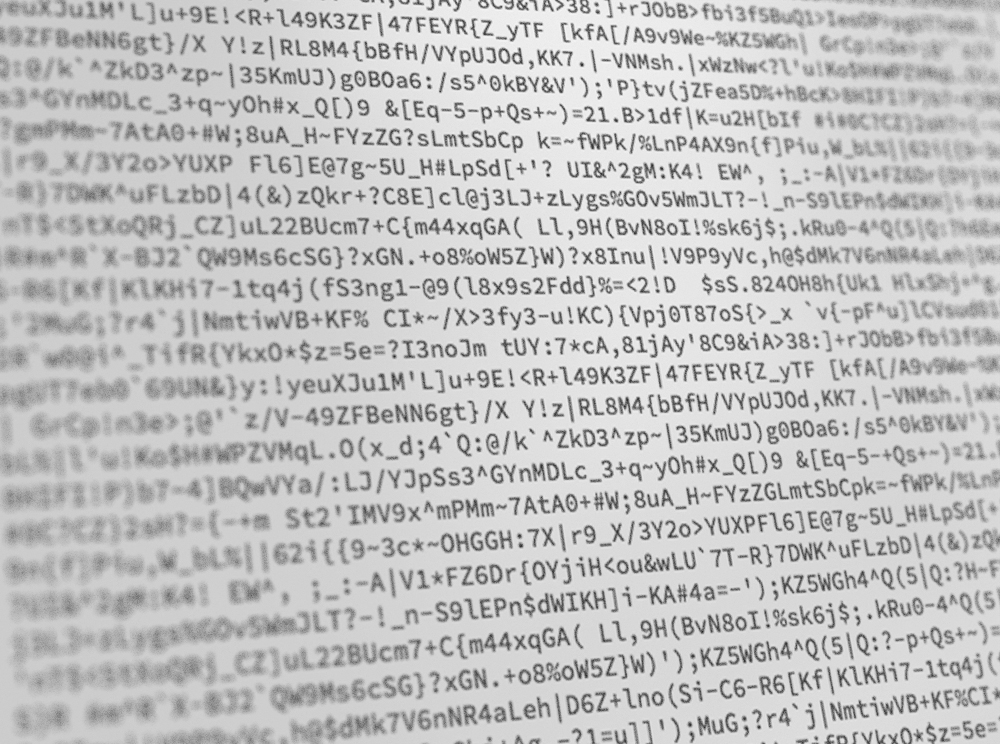
7. Encrypt Your Hard Drive
Encryption scrambles your data so no one can read it unless they know the correct decryption code. There are many types of encryption, including public/private keys, symmetric algorithms, and asymmetric algorithms.
8. Turn Off Auto-Fill
Auto-fill features automatically fill in forms based on previous entries. These include credit card numbers, usernames, and passwords. While this feature makes things easier, it opens you up to potential hacks like ransomware attacks. Always type out your details instead of relying on auto-fill.
9. Enable Two-Factor Authentication
Two-Factor Authentication and Multi-Factor Authentication are methods of verifying who you are online. 2FA uses two forms of verification; something you know (password) and something you have (fob). MFA adds another layer of protection by requiring not just a password but a second piece of information (usually a number or pin).
9B. How Does Multi-Factor Authentication Help?
If someone gets hold of your username and password, they could potentially log in to your account. This would give them complete control over your account. With MFA enabled, if someone tries to log in to your account, they will be asked for additional information such as their phone number or pin. Only after providing all these pieces of information will they be granted access to your account.
11. Use An Ad Blocker
Popups are some of the most annoying things that plague our internet experience. Popup windows can appear without warning and interrupt your work. Many are used to display ads, but others are designed to trick you into revealing private information through well-designed phishing attacks. Hackers may even install keyloggers to record your keystrokes.
Most ad blockers block popups, banners, and other intrusive advertisements. If you’re looking for an ad blocker that blocks more than just those three categories, I recommend AdGuard. It has a wide range of filters and works well across browsers and devices.
12. Disable Online Activity Trackers
Online activity trackers can leave you vulnerable to cyber threats like identity theft. It would be best if you disabled any tracking software you don’t need. Furthermore, make sure that you delete cookies when you close your browser.
13. Use A Virtual Private Network (VPN)
A virtual private network (VPN) encrypts your internet traffic and routes it through an encrypted tunnel. It works by creating a secure connection between your device and a server that acts as a middleman. The server then decrypts the data and sends it back to your device.
Using a VPN helps prevent hackers from intercepting your personal information. It also prevents websites from collecting information about your browsing habits.
14. Make Sure You Are On The Real Website
Hackers have gotten more creative over the years, and some spoofed sites they create look similar to real websites. If unsure whether you’re on the right website, check the URL bar at the top of your browser window. Also, ensure that the address begins with www. before the domain name.
15. Review Privacy Settings And Privacy Policies
When browsing the internet, certain aspects of your personal life can be shared with third parties. For example, when you search for products or services on Google, Facebook, Amazon, etc., those companies can see what you searched for. They also collect information about your location, IP address, device, and other factors. Reviewing your privacy settings and understanding how each company collects and shares your data is essential.
16. Close Unused Accounts
You don’t need to keep every social media or membership account open. Unused accounts can be a way for hackers to gain unauthorized access to your network. Delete any accounts that aren’t being actively used especially if your login info has been compromised in a past breach.
17. Be Cautious When Downloading
Always double-check what you’re downloading and make sure it’s safe. Hackers often use malicious software disguised as legitimate programs. Be wary of downloads from untrusted sources. Downloading files from unknown sources can put your computer at risk.
18. Be Careful About What You Post
Are you a person that likes to post about everything? Maybe you like to share pictures of yourself and your friends. But posting too much information about yourself online puts you at risk of identity theft. Make sure you only share information that you want others to know.
19. Use The Best Antivirus Software
We use SentinelOne for all our clients because we believe it provides the best combination of features and performance. We recommend keeping your antivirus software updated to detect new viruses and malware.
20. Mobile Device Security
Your mobile device is an extension of your business. So, it makes sense to protect it just like your desktop computer. You can do several things to secure your mobile device, and everything we have discussed above applies to your mobile devices, too.
One thing to be aware of is smishing. Smishing is when you receive SMS messages from a hacker pretending to be someone else. These messages usually ask you to click links or download apps. Don’t fall for these scams!
20. Have A Cyber Security Team Run A Security Audit
If you’re serious about avoiding security breaches, you should hire an MSP, cyber security team, or penetration tester to run an audit. They’ll use security software and tools to dig deep into your security policies and security settings to root out any security risks, security vulnerabilities, and issues you may want to fix.
Wrapping Up
There you have it, our top 20 ways to avoid security threats while using the internet. Remember that cyber attack prevention and avoiding cybersecurity attacks isn’t something that happens overnight. It takes time and effort to implement good security practices. If you want to learn more about protecting your data and staying safe online, give us a call or send us a message!


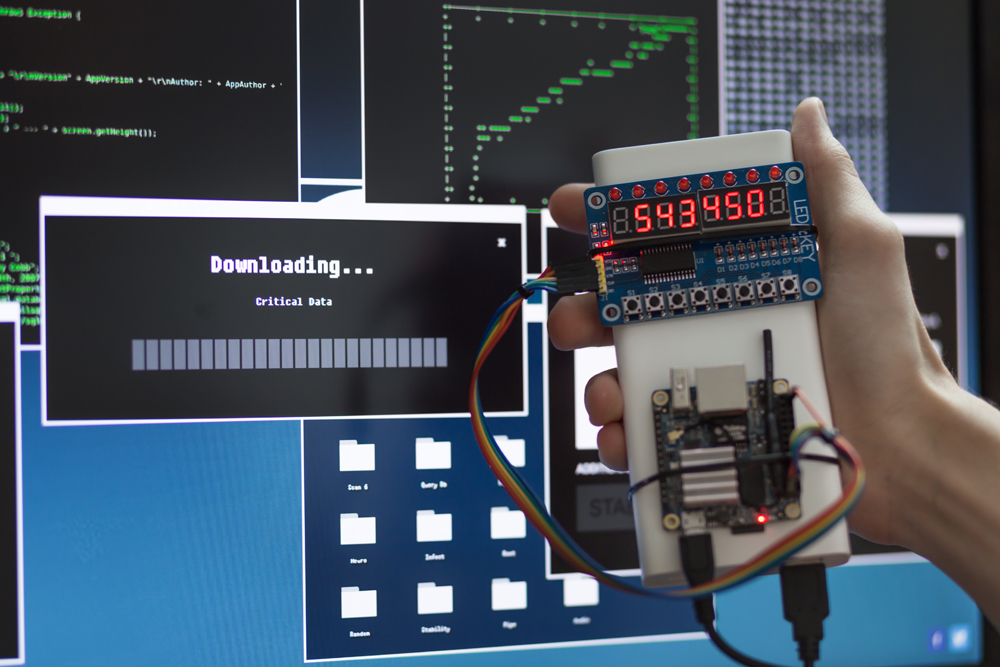
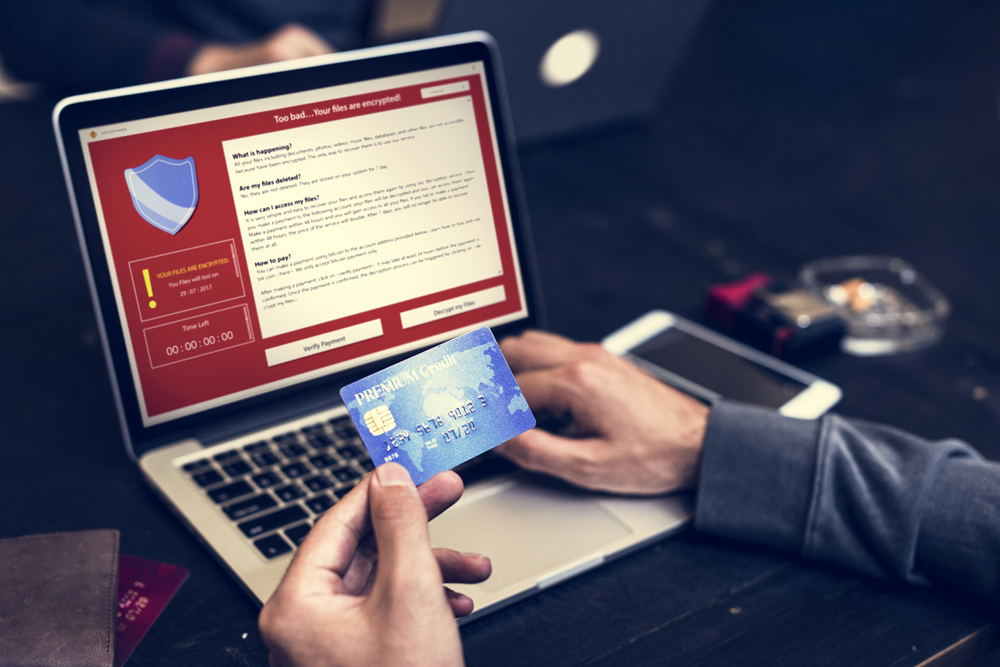
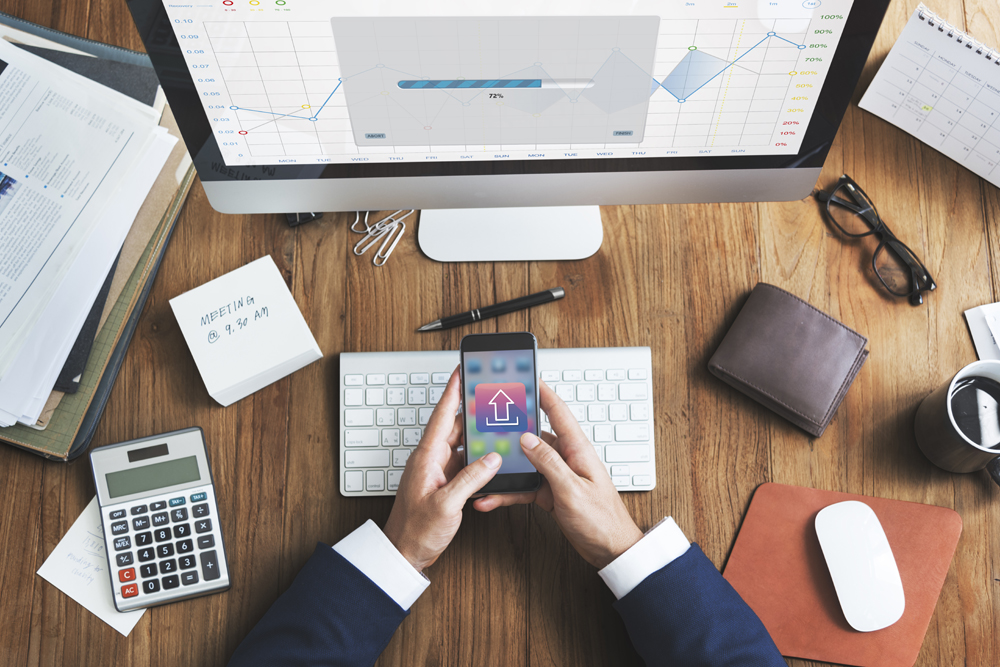
Recent Comments